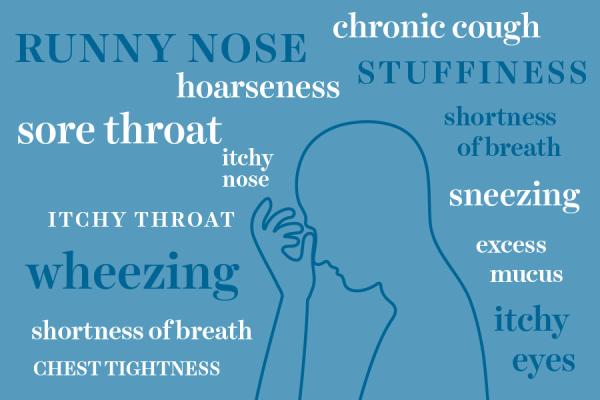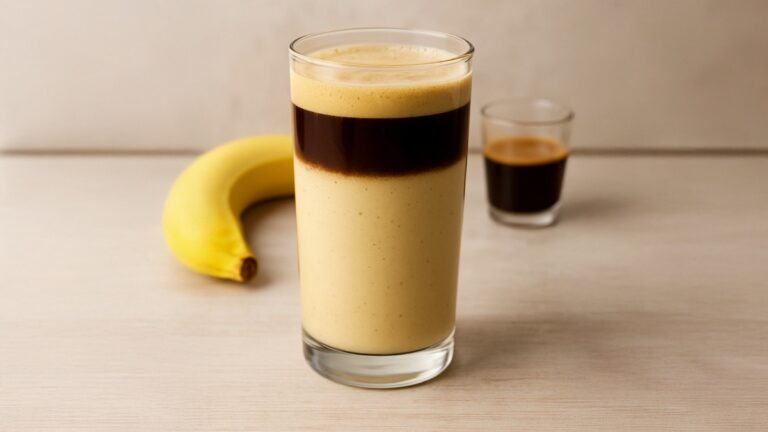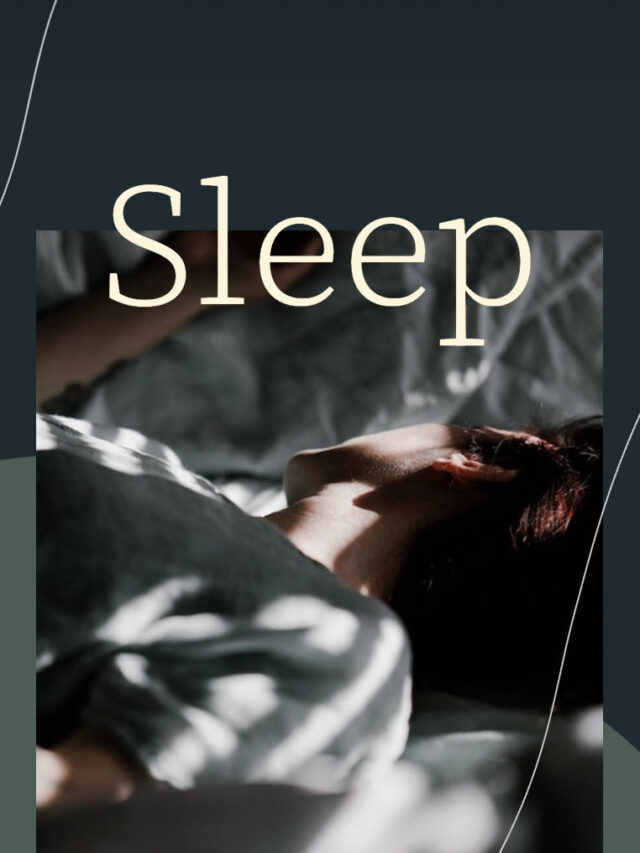Asthma is a chronic respiratory disease that affects millions of people worldwide. It is characterized by inflammation and narrowing of the airways, which leads to symptoms such as wheezing, shortness of breath, chest tightness, and coughing. Although there is no cure for asthma, there are several effective treatments that can help manage the symptoms and prevent attacks.
In this article, we will explore some of the best treatments for asthma
- Inhaled corticosteroids (ICS): ICS are a type of medication that is taken using an inhaler. They are the most effective treatment for reducing airway inflammation, which is the primary cause of asthma symptoms. ICS work by reducing the production of mucus and inflammation in the airways, thereby reducing the likelihood of asthma attacks. Examples of ICS include fluticasone, budesonide, and mometasone.
- Short-acting bronchodilators: Short-acting bronchodilators, such as albuterol, are medications that are used to quickly relieve asthma symptoms. They work by relaxing the muscles in the airways, which allows the air to flow more freely. Short-acting bronchodilators are typically used as a rescue medication during an asthma attack.
- Long-acting bronchodilators: Long-acting bronchodilators, such as salmeterol and formoterol, are medications that are used to prevent symptoms from occurring. They work by relaxing the muscles in the airways, which allows the air to flow more freely. Long-acting bronchodilators are typically used in combination with ICS to provide better control of symptoms.
- Leukotriene modifiers: Leukotriene modifiers, such as montelukast and zafirlukast, are medications that are used to reduce inflammation in the airways. They work by blocking the action of leukotrienes, which are chemicals that cause inflammation in the airways. Leukotriene modifiers are typically used as an alternative to ICS in people who cannot tolerate or do not respond well to ICS.

Some more treatments
- Immunomodulators: Immunomodulators, such as omalizumab, are medications that are used to modify the immune system’s response to asthma triggers. They work by blocking the action of immunoglobulin E (IgE), which is a type of antibody that is responsible for triggering allergic reactions. Immunomodulators are typically used in people who have severe asthma that is difficult to control with other medications.
- Combination inhalers: Combination inhalers, such as fluticasone-salmeterol and budesonide-formoterol, are inhalers that contain both an ICS and a long-acting bronchodilator. Combination inhalers are typically used to provide better control of asthma symptoms in people who require both types of medication.
- Theophylline: Theophylline is a medication that is used to relax the muscles in the airways, which allows the air to flow more freely. It also has anti-inflammatory properties. Theophylline is typically used in people who cannot tolerate or do not respond well to other medications.
- Bronchial thermoplasty: Bronchial thermoplasty is a procedure that is used to reduce the amount of smooth muscle in the airways. It involves the use of a catheter that delivers heat to the airway walls, which reduces the amount of smooth muscle and reduces the likelihood of asthma attacks. Bronchial thermoplasty is typically used in people who have severe asthma that is difficult to control with other medications.

In conclusion, there are several effective treatments for asthma that can help manage the symptoms of asthma.
(Disclaimer: The information given here is based on general information. Before adopting it, definitely take medical advice. THE MONK does not confirm this.)



































